On 25th September, 2015, the United Nations General Assembly adopted the 2030 Agenda for Sustainable Development. This agenda had a wide scope, incorporated both economic and environmental sustainability, and is more ambitious than previously set goals based on the scale at which it wants to tackle climate change while building inclusive, resilient, and equitable societies. Of these 17 goals, gender equality is not just marked as a standalone goal, but also as the one goal that can make the remaining 16 possible. The sustainable development goals (SDGs) are therefore aiming to empower sustainability by empowering women across the world.
Why women need to lead the journey to sustainability
But while these goals are commendable and necessary, they are likely to take a lot of time and effort to be fully executed, depending on global, national, and regional conditions. For example, as the UN Women’s recent report, Progress on the Sustainable Development Goals: The Gender Snapshot 2020, shows, the COVID-19 pandemic has had a huge and negative impact on both counts of women empowerment and sustainability, especially in Southern Asia. “The pandemic is affecting women, men, and children worldwide, but it is having a particularly devastating effect on the poorest and the most marginalised in society,” the report says. The report also adds that women and girls were previously projected to comprise 15.8 per cent of the Southern Asian population living in extreme poverty by 2030, but the projections have changed since 2020 to 18.6 per cent.
This means that women are likely to get the shorter end of the stick now more than ever, especially due to the pandemic. Increased participation of women in all sectors, and especially in decision-making or leadership roles, may help counter this problem, while empowering women at the same time. This would also be one of the ways in which the SDGs can be universally implemented for the benefit of all. The following are a few women leaders who are proving through their own lives that this is indeed an achievable line of action.
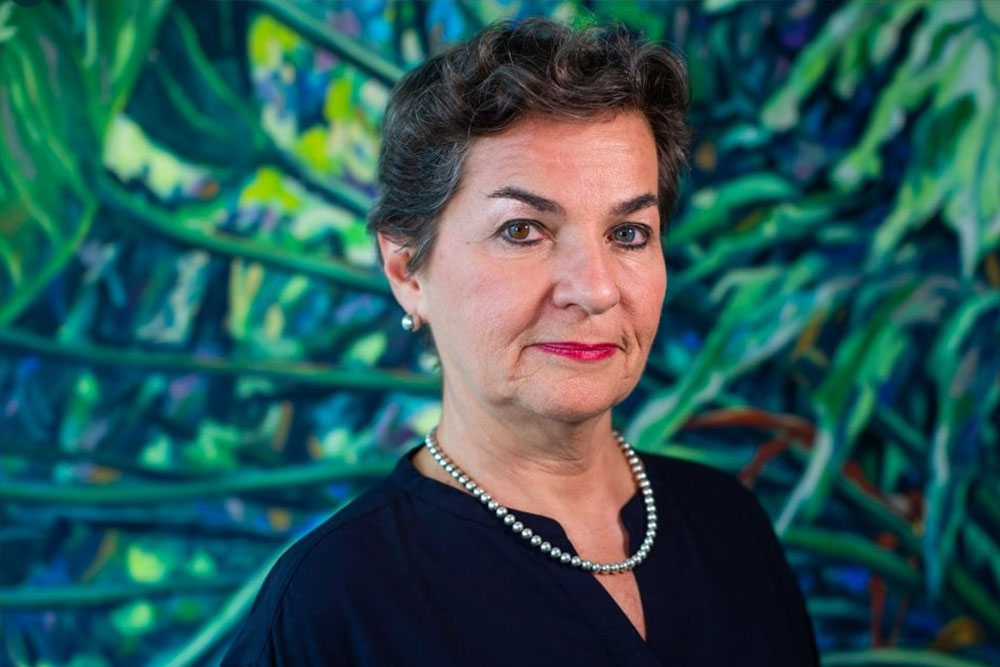
Christiana Figueres
Christiana Figueres is a Costa Rican diplomat who has been leading the fight against climate change since 1995, when she founded the think tank, Centre for Sustainable Development of the Americas. Figueres has led climate change negotiations for her country and was appointed as the Executive Secretary of the UN Framework Convention on Climate Change (UNFCCC) in 2010. She was reappointed for a second three-year term in 2013. A constant advocate of sustainability, Figueres’ biggest contribution was as the architect of the historic Paris Climate Agreement of 2015, where she persuaded 195 countries to make committed efforts to fight climate change and make their systems more sustainable. In 2020, Figueres published her book, The Future We Choose: Surviving The Climate Crisis, which focuses on her next sustainable goal: to halve the global carbon emissions by 2030.

Greta Thunberg
The now 18-year-old Swedish environmental activist, Greta Thunberg, started her movement at the age of 15 years, when she would skip school and sit outside the Swedish Parliament holding a sign that read ‘Skolstrejk for climatet’ (school strike for climate). The image of a teenager going on strike so that we all take climate change seriously made an immediate global impact, and Thunberg’s clarion call has since found resonance across the world. She was the inspiration behind what is now known as the largest global climate demonstration on 20th September 2019. Where others might be subtle with their message for sustainability and climate action, Thunberg’s voice has been clear, blunt, and unapologetic. “I want you to panic. I want you to feel the fear I feel every day. And then, I want you to act,” she said at the annual convention of world leaders at the World Economic Forum, Davos, in 2019. Now if that doesn’t rouse you, what will?
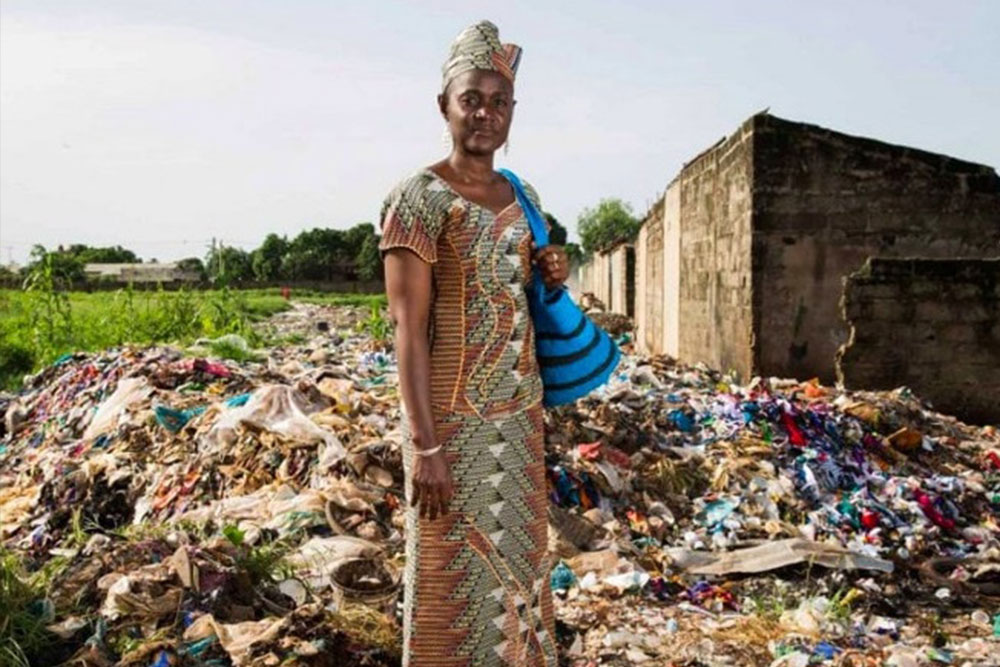
Isatou Ceesay
If a woman is known as the Queen of Recycling, you know she has to be on this list! Isatou Ceesay hails from Gambia, which may be the smallest country in Africa in terms of geopolitical limits, but is leading the fight against plastic waste thanks to this climate warrior. Ceesay initiated the recycling project, One Plastic Bag, in 1998 in her native village N’jau in an effort to educate women—and therefore, larger communities and the nation through them—to reclaim plastic waste and turn it into a source of revenue through recycling. The project now includes over 2,000 women across 40 different Gambian communities, and the recycled products they make include everything from wallets and bags, to balls for children to play with. Ceesay’s aim is to completely eliminate plastic waste from her country, but her efforts have inspired those in other countries too.
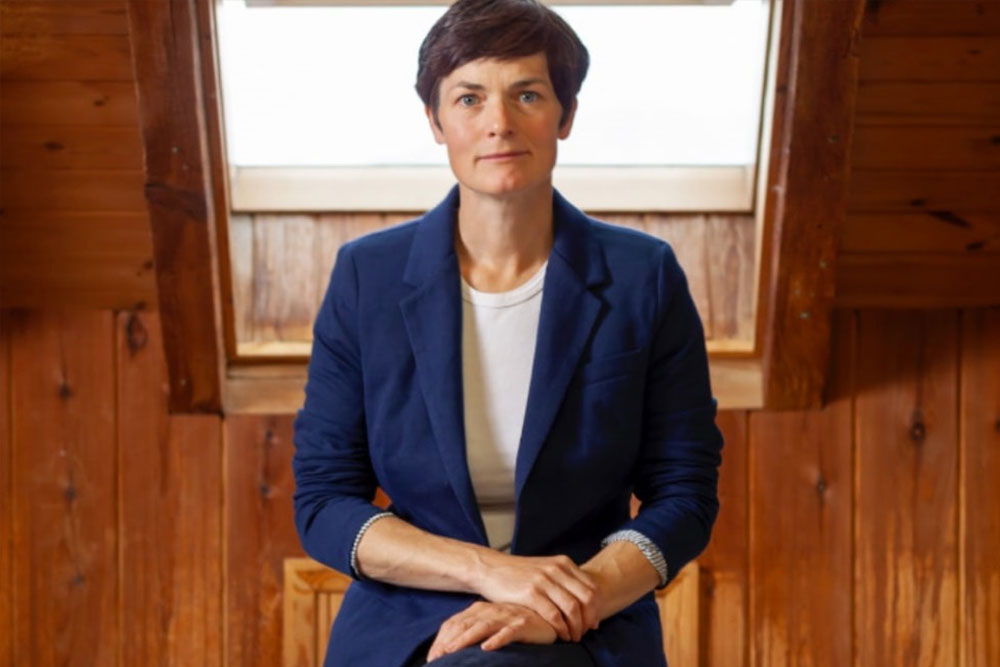
Ellen MacArthur
Dame Ellen MacArthur is perhaps better known as the fastest solo sailor to circumnavigate the globe, a glorious feat which she accomplished in 2005. But what many don’t know is that her trip around the world made MacArthur more acutely aware of the finite resources this planet has and the impact marine waste has on it. The blame, she believes, lies in linear economic models which are one-directional and destructive. MacArthur launched the Ellen MacArthur Foundation in 2010 in order to combine education and business to create a regenerative, sustainable, circular economy to replace the linear one. Her Foundation has published seminal macro-economic reports that have received accolades at the World Economic Forum, in the hopes that global economies can transition into circular ones. In 2018, her Foundation also launched a movement to eliminate plastic waste, called New Plastics Economy Global Commitment, in collaboration with UN Environment.
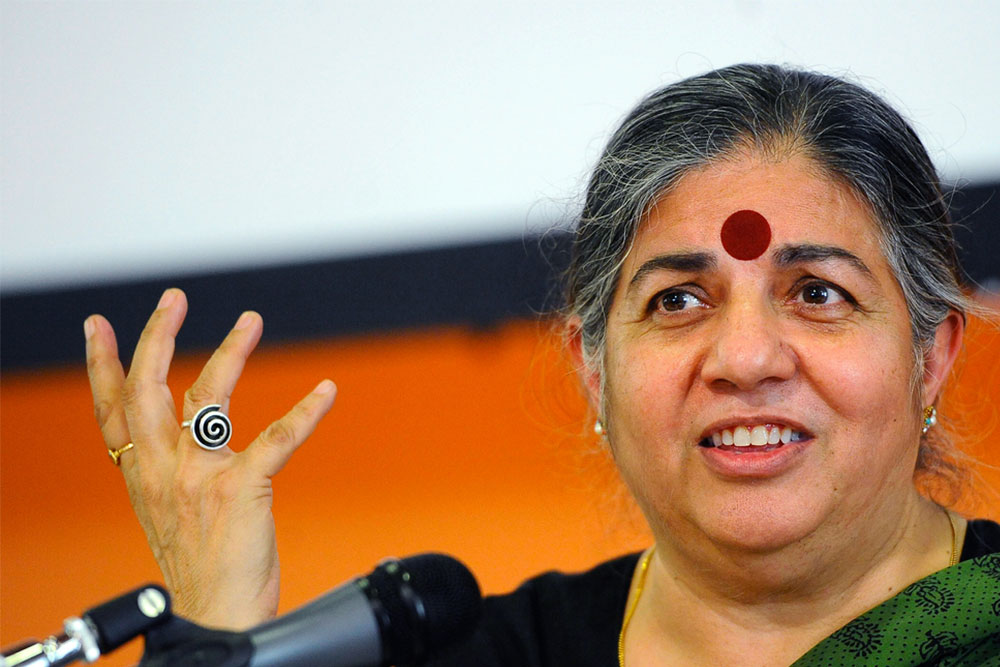
Vandana Shiva
Dr Vandana Shiva is one of India’s leading environmental activists. Dr Shiva founded the Research Foundation for Science, Technology, and Ecology (RFSTE) in 1982 to promote more sustainable methods of agriculture, and a project called Navdanya under the RFSTE in 1991. Navdanya, which has more than 40 seed banks, works towards preserving indigenous diversity of seed crops in India while teaching farmers the benefits of biodiversity, sustainable agriculture, and conservation. Dr Shiva is perhaps less known for her critique of the Green Revolution—which she and others claim wasn’t that ‘green’ after all, since it led to increased pesticide and hybrid seed use, and ultimately led to pollution of the soil, ground and river water, and the crops. As a key figure for food rights, she is credited as one of the global women leaders who has been putting pressure on the World Bank to work towards sustainability for four decades now.
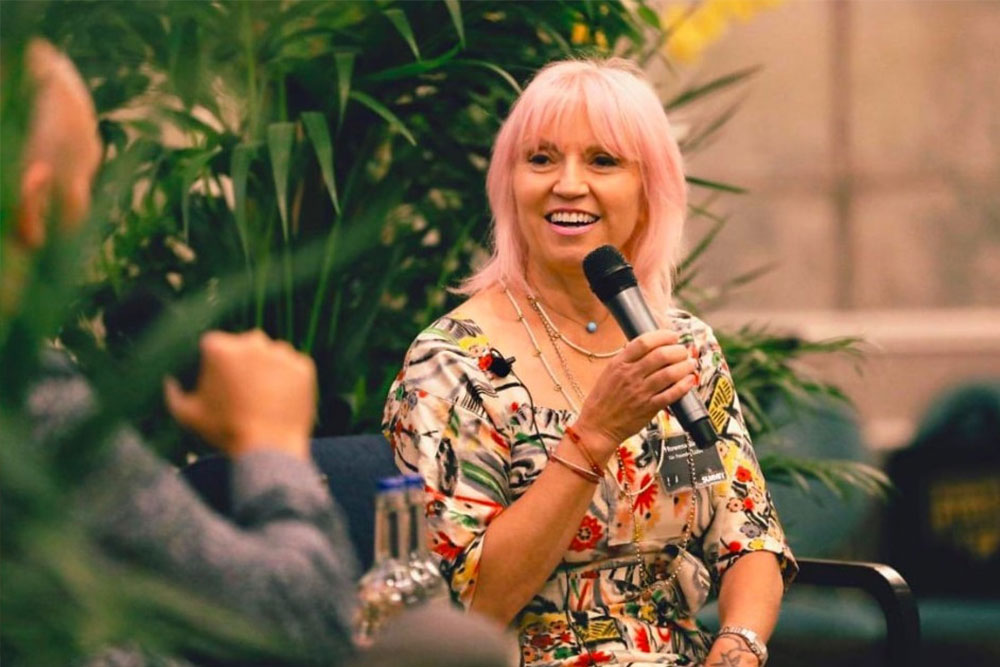
Rowena Bird
A lifelong makeup lover, Rowena Bird, trained as a beauty therapist and started Lush—a cosmetics brand leading the fight against the use of plastics in the industry—in 1995 with five others. This British businesswoman started out by ensuring that customers would want to keep their makeup packages instead of throwing them out and adding to the global plastic wastes. Bird’s efforts to create more innovative and sustainable cosmetics have led to the company now adopting compostable, recyclable, or refillable packaging. ‘Naked’ makeup (meaning that it is packaging-free) and reusable tins are currently their mainstay, which in turn has led to their reputation as one of the world’s leading sustainable cosmetics brand. Reports suggest that over 40 per cent of Lush’s products are now ‘naked’ and around 90 per cent is made from post-consumer recyclable and biodegradable materials.